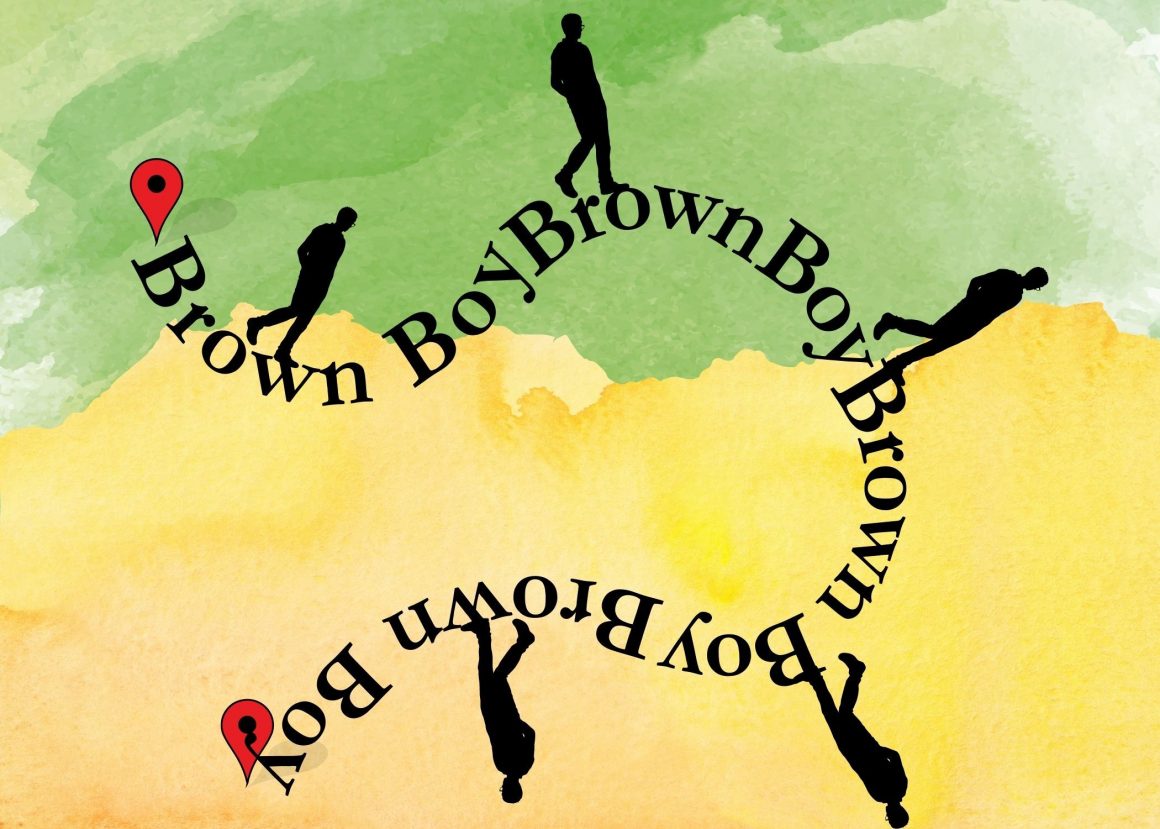
The power of a voice: A reflection on Brown boy by Omer Aziz
By Reyam Jamaleddine, August 25 2023—
Brown Boy by Omer Aziz is a memoir that narrates the author’s life from growing up in Scarborough to the halls of Yale Law. He is the child of Pakistani immigrants and in his memoir, he intends to showcase how “growing up miles away from white, downtown Toronto” introduced him to struggles whilst facing the Eastern ideals of his parents.
Aziz speaks of the diverse city he grew up in which is Scarborough, a district of the city of Toronto.
“The distant part of Toronto where no one wanted to live…they began moving out as immigrants began moving in. The sounds of my streets were a symphony of tongues: Jamaican patois mixed with Hindi, African American English, Arabic, Bengali, Tamil […] our teachers liked to say we lived in a multicultural country, but that multiculturalism, on the grounds, was still deformed, and full of subtle hatreds.”
His memoir continues in the same narration style, depicting details of events he witnessed from the lens of his thoughts rather than placing himself in the events. He addresses his childhood as apathetic for a potential future, one that has been affected by his struggle of being a Brown Boy. Immediately his life turned around after seeing President Obama on television, seeing someone who looked like him in a successful and powerful position inspired him. This epiphany allowed him to immerse himself in his education and make his way up to Yale Law as well as serve as foreign policy adviser for Justin Trudeau’s government.
As a reader, continually my experiences overlapped and related to what Aziz faced as a child growing up in the diversified poor end of heavily populated cities. Similarly struggling with East-West ideals and the struggles of discovering an identity of my own. Consistently surrounded by diverse people, listening to the sharp contrasts of the languages spoken on the streets and yet the overarching understanding was for us to acknowledge and render our lives as less than. The more I understood the space I grew up in, the more I understood that it was only for us and not for them. Struggling with apathy rigged by being determined less than is an inescapable event for the brown people.
Most of the events were relatable, as I placed myself in the book and viewed it through a lens of my own. With no in-depth analysis and no intention behind the narration of this storytelling — it seemed to me that this book was not written for me, but rather about me, for a different type of reader. East-West ideals are deemed to be cringe-worthy and unnecessary conversations that lack in-depth analysis or any purpose by critics. This is a literary and ideation struggle I face as someone who places myself directly into these concepts. Thus, the purpose for founding a book on these concepts has to be intentional and strong in its ability to withstand criticism.
As an avid reader of memoirs, I hold the opinion that memoirs are written as stories of ordinary and relatable lives. They serve as a discovering path and route to understanding ourselves through the insight and analysis that is written. Although I related to Aziz’s story, I wasn’t given any insight that would allow me to navigate a similar life of my own.
“I wrote this memoir to make a certain experience known,” said Aziz in an interview with Scriber Books on TikTok.
Our lives, both I and Aziz are not special in my opinion, the more I diversify my sphere of knowledge and the people I come across it becomes obvious to me that they no longer hold a uniqueness amongst our marginalized societies. To reiterate, narration and memoirs for these lifestyles are becoming widespread in our current times. Struggles we have all faced yet voices lost with a shallow cohesion. Making a certain experience known signifies and validates my belief that perhaps the book was not written for me, but for an outsider to see from within.
A book review written by Kirkus Review magazine relates to the ideas that were created in my head whilst reading, it states: “The overwritten prose lacks nuance, and the author attributes many major life transitions to small moments (like Obama’s speech). Furthermore, some of his (mostly negative) descriptions of poor neighbourhoods and immigrant families are reductive. While Aziz’s pain is palpable and his story inspiring, the book would have benefited from less raw emotion and more processing and analysis.”
In contrast to my views and others, the vast majority of reviews for this book prominently bestow praise. Brown voices and children of immigrant voices are significant and hold strong places in discussions amongst our diversified yet somehow still segregated societies. Regardless of my analysis of the book, it has served and benefited other readers. For this purpose, I recommend that you too read Brown Boy and immerse yourself in the life of Aziz.
This article is a part of our Voices section and does not necessarily reflect the views of the Gauntlet editorial board.
